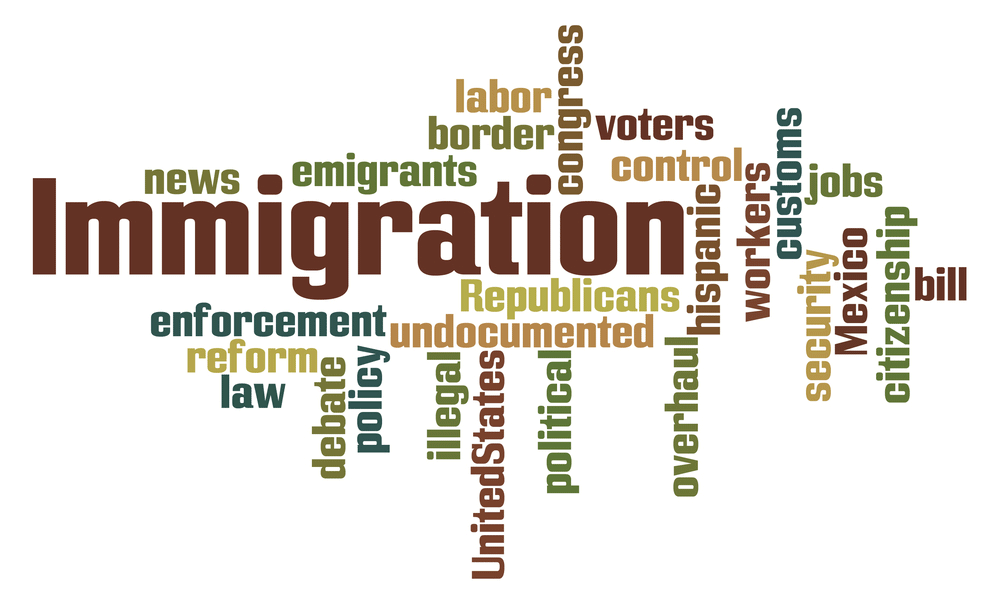On October 5, Governor Jerry Brown signed a bill into law that will provide added protection for workers on the job site. Assembly Bill 450, which will go into effect January 1, 2018, prohibits employers from voluntarily granting Immigration and Customs Enforcement (ICE) agents access to worksites without a warrant.
Continue reading to learn a little about the new law, and what it will mean for both immigrant and nonimmigrant workers. If you believe your rights as an employee have been violated, either by an illegal workplace search or some other unlawful behavior, contact our office to find out how we can help.

What the New Law Says
AB 450 was sponsored by Assemblyman David Chiu, who, in a press release issued by his office said, “Governor Brown understands that in an environment of division and fear, California must continue to defend its workers, to guard its values, and to ensure that its laws protect all of our residents.”
The bill will go into effect as sections of both the Government and Labor Code, and will mean the following for workers employed and US companies:
- Companies will have clear guidelines to follow during worksite raids.
- ICE Agents will require a judicial warrant before entering a worksite.
- ICE Agents will require a subpoena before immigration agents can access employee information.
Undocumented Immigrants and the Workplace
According to a study conducted by Pew Research, there were 8 million unauthorized immigrants in the U.S. civilian workforce as of 2014. According to Pew Research, “unauthorized immigrants are overrepresented in farming and construction occupations.” Pew also noted that despite this fact, unauthorized immigrants are still outnumbered by U.S.-born workers.
While there is current, (and often passionate) debate about the place of undocumented immigrants in the American workforce, it’s important to note that this law provides protections for immigrants regardless of a company or supervisor’s personal opinions about immigration.
Companies Are Required to Comply with the Law
It goes without saying that changes to employment law will create challenges for companies that are required to keep up. This is why companies are so often resistant to changes in the law. In a recent interview with Bloomberg News, immigration attorney Hiba Anver suggested this new law won’t be any different in that regard.
“Where I see the biggest problem is in just the practical, real-world application of the new law,” Anver said. She further noted that when large corporations are faced with complying with significant updates to the law, “it could have the potential to be burdensome.”
But while it’s ok to empathize with the challenges a company faces when updating its policies in order to comply with state and federal law, our job as employment attorneys is to look out for the best interest of our worker-clients.
How Might Nonimmigrant Workers Be Affected by the Law?
While much of the discussion in this article has been focused on the issue of immigration, it’s important to keep in mind that employment law is complex, and laws primarily affecting immigrants could have repercussions for nonimmigrant employees as well. One way this might happen is in the area of whistleblower law. A whistleblower is an employee who notifies authorities of potential violations of state law by companies. Consider the following hypothetical example:
A supervisor begins sharing employee information with ICE agents, who haven’t provided a subpoena, after AB 540 has gone into effect. Another supervisor knows about this activity, and believing it is in violation of state law, notifies the company’s HR department. The whistleblowing supervisor then experiences retaliation in the form of intimidation and harassment from other employees. He is ultimately fired on a trumped-up violation.
The employee in this hypothetical situation might have claim against the company under the state’s whistleblower laws and could be entitled to lost wages, pain and suffering damages, and potentially punitive damages.
Have Questions? Seek Legal Advice
If you are a worker who believes his or her rights have been violated by an employer, it’s important you don’t assume that justice is outside your reach. You might find that after consulting a qualified employment attorney you have a strong case.
Remember, employment law is complex, and there are many facets to consider when filing a claim. The clock starts ticking the moment a violation of state law occurs, and there is often a limited amount of time to file a complaint. If you have questions about the issues discussed in this article, or some other employment topic, contact our office to schedule a consultation.
